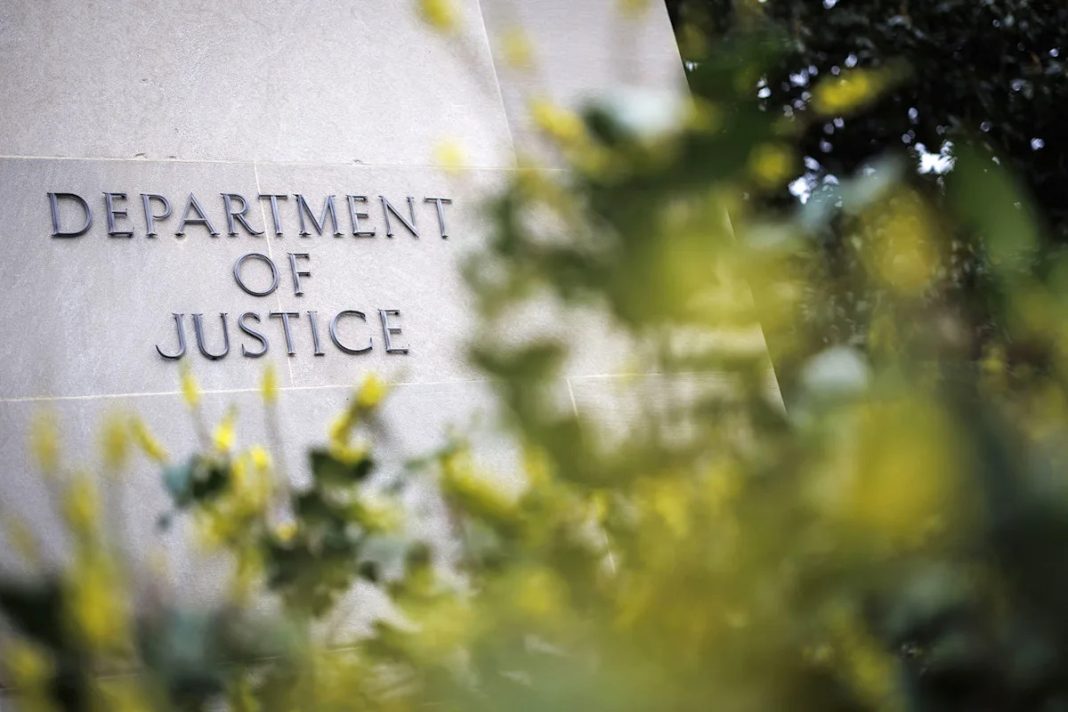In early April, Donald Trump’s White House took a highly unusual step, firing a career federal prosecutor in California because a right-wing influencer told the president he should. A former veteran of the local U.S. Attorney’s Office said it was “bizarre” and “insane” for the White House to take such a step.
Nearly four months later, Trump’s Justice Department dropped a case against restaurant group Fat Brands and its chairman, Andy Wiederhorn — which was a case the fired prosecutor was working on at the time of his ouster. NBC News reported:
The government filed an unopposed motion Tuesday to dismiss a case against Wiederhorn, as well as William Amon, Rebecca Hershinger and Fat Brands Inc., which alleged a scheme to conceal $47 million paid to Wiederhorn. The government also filed a separate motion to dismiss a case in which Wiederhorn was charged with possessing a firearm and ammunition despite his previous felony convictions.
Wiederhorn, who pleaded not guilty and has denied any wrongdoing, was originally accused of using Fat Brands, a prominent restaurant chain owner, “as his personal slush fund.” A related IRS investigation alleged that Wiederhorn was also a “serial tax cheat.”
Now those allegations are gone. The Justice Department has wiped the slate clean.
As a matter of optics, the available facts don’t look great. Wiederhorn, for example, was a Trump campaign donor last year. This year, the White House took the highly unusual step of firing the prosecutor overseeing the case, only to have Trump’s Justice Department abandon the charges altogether soon after.
It is possible that this is all just a coincidence. Maybe the developments have nothing to do with the fact that the Fat Brands chairman supported the Republican ticket last year. Maybe the White House had a good reason — which it has not shared — to dismiss the career prosecutor working on the case. Maybe nothing untoward happened in this case at all.
But a funny thing happens when a Justice Department abandons its credibility: It becomes awfully tough to give it the benefit of the doubt.
In recent months, Americans have seen Trump’s Justice Department purge employees who worked on cases the president didn’t like. We’ve seen Attorney General Pam Bondi play the role of a hyperpartisan activist aligned with the White House’s political agenda. We’ve even seen Bondi fire her personal ethics adviser.
Patty Hartman, a 17-year former Justice Department official who was fired after having worked on Jan. 6 cases, recently told CBS News, “The rules don’t exist anymore.” She added, “There used to be a line, used to be a very distinct separation between the White House and the Department of Justice, because one should not interfere with the work of the other. That line is very definitely gone.”
In a social media post, Hartman went on to write, “We appear to be driving straight into an abyss that holds no memory of what democracy is, was, or should be.”
Predictably, all of these developments have had a destabilizing effect. A separate Washington Post report, published earlier this month, noted that employees across the Justice Department and FBI have been fired without explanation or warning, “creating rampant speculation and fear within the workforce over who might be terminated next.”
Given all of this, is it that outrageous to think many will see the DOJ’s handling of the case of Fat Brands and its chairman and wonder about possible improprieties?
Daniel Richman, a former federal prosecutor, wrote in The New York Times this week about the Justice Department suffering a “credibility crisis” inside courtrooms and out. If administration officials expect that crisis to fade anytime soon, they should probably lower their expectations.
This post updates our related earlier coverage.
This article was originally published on MSNBC.com

